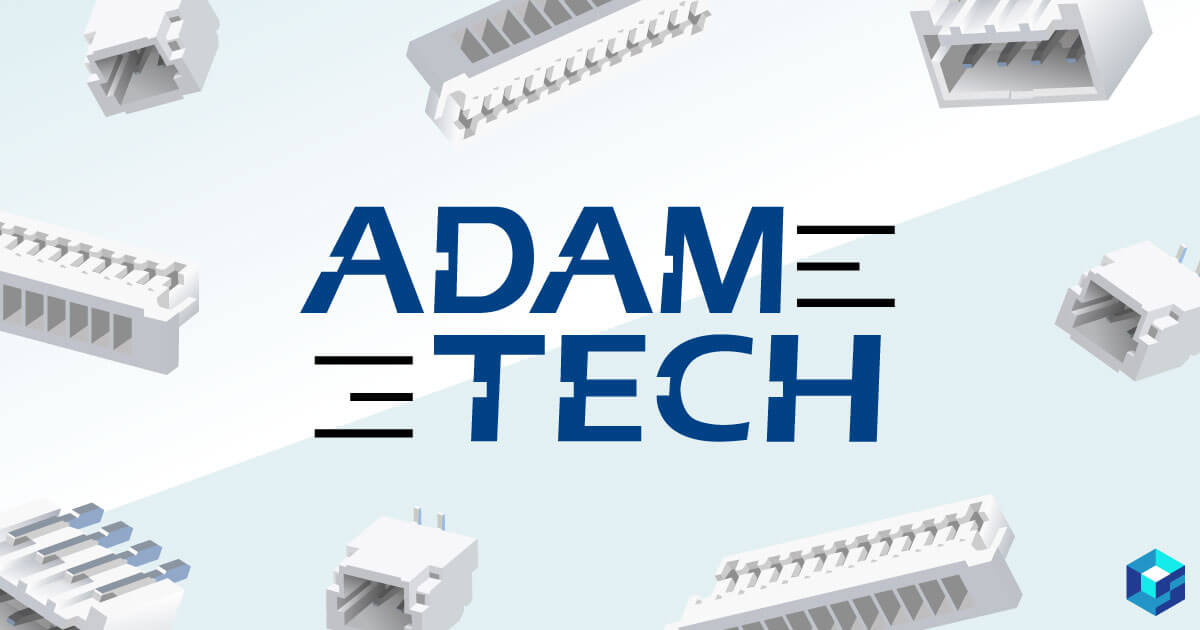How and Why to Expand your Alternate Vendor List
Once upon a time (two years ago), most OEMs could get along just fine with only one or two vendors per part on their BOMs. Approved Vendor Lists (AVLs) were short and there was no need to lengthen them. For a majority of parts, pricing, delivery, demand, and allocation were steady and predictable.
It’s not like that anymore.
New Tech Drives Demand for Vendors
The market has changed, capacity is down, and industries that were once small or infrequent buyers of electronic components have greatly increased their demand. Cars, robotics, appliances, and even children’s toys increasingly require more and more electronic circuitry. Worse - from the point of view of their competitors for components - some of those industries are very enticing to manufacturers. Profit is king no matter which industry you’re in, after all, and the bigger the contract the better the money.
That’s all well and good if you’re a huge industry player (and even the biggest have to deal with the rising prices their demand causes). But what if your company is ever so slightly smaller than, say, Apple? That’s where you need to expand your AVLs and stay competitive.
Multiple Vendors Equals Multiple Options
As your approved vendor list grows, literally so do your options. One vendor runs out of capacitors? Ask the next one on the list. A volcano disrupts regional production? Good thing your AVL is globally distributed. Your prices stay competitive and your profit margins resist shrinking.
There are many routes you can choose to begin tackling AVL mountain. If your BOM is short – say, less than 50 parts – you can manually research each part yourself. Follow industry news to learn where the market for your key components is heading. Send out RFQs to vendors and start building up a database of quotes. Work your contacts for news of which vendors are both trustworthy and deal in what you need. Then, once you’ve got your alternate vendors in place, spread out orders across two or three and start building up your transaction history and leverage for future purchases.



